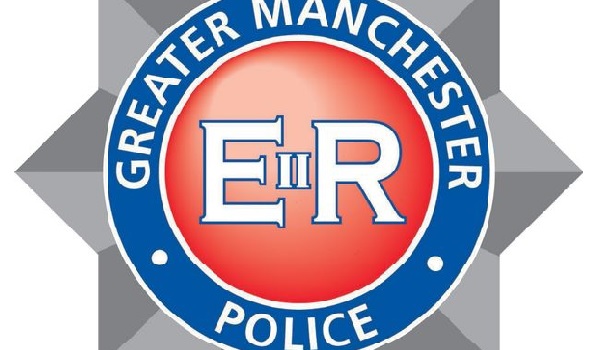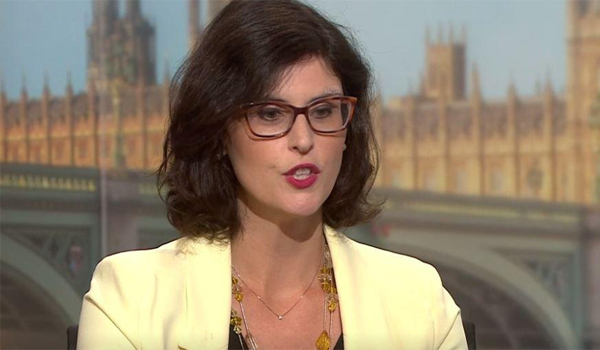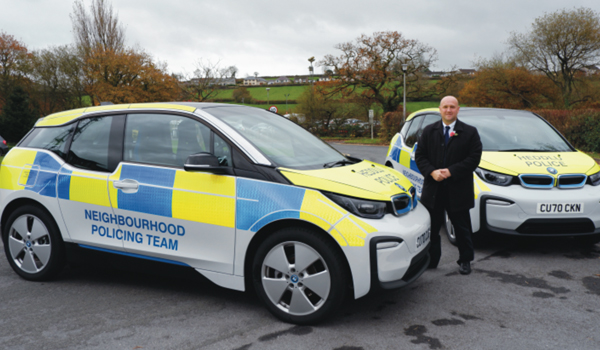Transport Minister urged to support legislation to protect officers when they stop vehicles
Transport minister Grant Shapps is being asked to support a change in legislation which could give better protection to the police when they stop vehicles after a series of incidents in which officers have been seriously injured by drivers making off during a police stop.
Tim Rogers, deputy secretary of the West Midlands Police Federation and the national response and driver training lead, is heading a campaign to amend two sections of the Road Traffic Act 1988 which would give police officers the authority to require drivers to turn off their engine when stopped and also to demand that all occupants leave a vehicle.
“Sadly, incidents in which police officers are injured by drivers fleeing during a police stop are happening more and more as people appear content to use their vehicles as a weapon in their bid to escape justice,” he said.
“Clearly, police officers are vulnerable. As servants of the Crown, they should rightly expect the Government to prioritise their safety and ensure that safety is enshrined in law.”
The Federation wants the Department for Transport to get behind changes to the Road Traffic Act as part of the Police Powers and Protections Bill, which is due to come before Parliament in the autumn.
It is calling for the Bill to include:
- An amendment to S163 of the Road Traffic Act to extend the obligation on motorists to stop to an obligation to stop and switch off the engine; and
- An amendment to S164 of the Road Traffic Act to require occupants to get out of a vehicle when required to do so by a police officer.
In his letter to Mr Shapps, Mr Rogers explains: “Our legal advice confirms that these changes could be implemented by minor amendments to the existing sections and would not involve a significant curtailment of existing civil liberties.
“While it is currently an offence to fail to stop for a constable in uniform, once the vehicle has stopped the obligation on the driver is satisfied – they only need to stop. Under S164, an officer can require people to provide information and documents. But this means the officer has to get out of their own vehicle to make the request or check any documents produced, putting them in an incredibly vulnerable position since the driver can make off and use the vehicle as a weapon, as all too often is the case. This unwarranted risk to police officers could be minimised by creating an obligation on those in the stopped vehicle to get out when asked by an officer to do so.
“I would hope that, as Transport Minister, you could support our calls for a change in legislation to give police officers better protection and avoid more incidents in which officers are injured, or worse, when seeking to uphold the law and serve their communities. It should be the duty of the Government to commit to ensuring police officers, in serving their communities, are equipped and suitably protected in law when dealing with vehicles and their occupants.
“Since officers’ vulnerabiity has been identified, as evidenced by them being driven at each day and regularly being injured, we believe the Government should back our calls for a change in legislation. Not having the extra powers we are asking for will curtail our members’ ability to safely and effectively police the roads.”
Mr Rogers has already led a successful Federation campaigin for a change in the law that will allow police officers’ special training and expertise to be taken into account rather than them being judged against the standards of the careful and competent driver. That change to legislation is part of the Police Powers and Protections Bill.







